#fairing kit
Explore tagged Tumblr posts
Text

Every time I see this ad on my dash, I think of letterings of death metal bands.

0 notes
Text
Motorcycle fairings are a broad term used to describe the protective panels that surround the frame of a bicycle. These panels are typically made of hard plastic, fibreglass or aluminium. It is common with racing and sport bicycles, as the fairing can help improve the aerodynamics of the motorcycle by reducing air drag. This increases fuel consumption and enables higher speeds at lower engine rpm
0 notes
Text
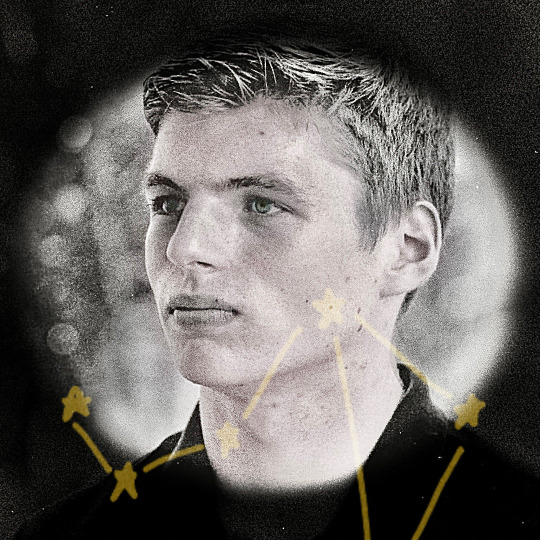
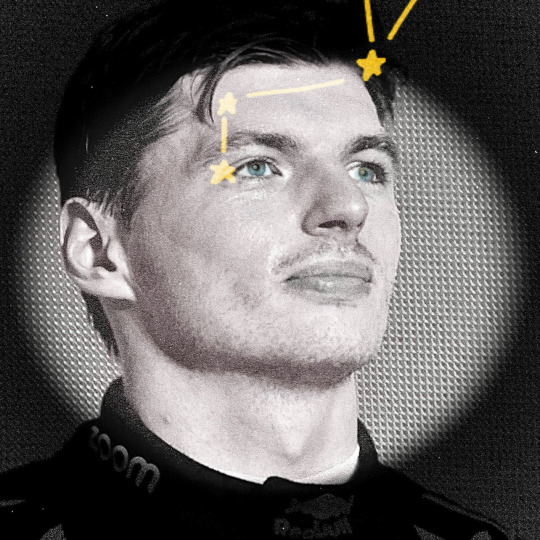
Libras are charming, social and intellectual. On September 30th, 1997, 27 years ago, a Bull was born who liked soccer, gokarts, maps, history, languages, Pokémon cards, FIFA and winning. And while he has remained disruptive, undiplomatic and confrontational in his racing, it is all that, coupled with extraordinary consistency, unbearable nerve, a century’s worth of talent, and a disarming gentleness, that has turned him into one of the most captivating characters on the grid. Also a top 5 driver of all time. Happy birthday to an impossible boy who made his dream inevitable. And never asks for permission. You are all that was promised and more. Thank you.
#ok it’s technically not tomorrow but i won’t be here at midnight and idk how queue works on this fucking app djjdksmskandjs#max verstappen#red bull racing#kit posts#f1 edit#I love u forever all timer#I wud say ‘don’t go gently’ but that wud not be fair#go gently#and destroy them all#ik there’s a lot of Pluto ♏️ and ♐️ in him . and god the ♍️#but he is such a beautiful lil libra at heart#just a chatterbox#loves to learn#wants to be reasonable and fair#💫🌟 max day 🌟 max day 💫🌟 max DAYYYY 🌟#I’ll rb yalls edits tomorrow because ik maxlb is cooking some bangers
555 notes
·
View notes
Text
god made me nonbinary for the same reason that a big ol bucket of undifferentiated Legos is always way more fun to a kid than a kit where you build some specific diorama of a media property
#yes i am kinda clowning on the 'grapes but not wine' quote#like i get that quote and it's a nice sentiment but it's not quite my story yanno?#also to be fair some of the specific kits are quite fun#i enjoyed building our Horizon Zero Dawn tallneck together#but that was largely bc of the quality time spent with emma
7K notes
·
View notes
Text
Cannot believe Theo Flowerday gets to be a hot bisexual nonbinary flaunting across Europe eating amazing food and having incredible sex while I get to be a hot bisexual nonbinary who has to go to work on Monday
421 notes
·
View notes
Text




Kit Connor | for Teen Vogue
#kit connor#oh he really hates social media#and will only post about work stuff basically it seems#which is actually fair tbh#everyone in the london production of the r&j play catching strays for not being publicly supportive of francesca#deserved!
136 notes
·
View notes
Text
emerging from a fugue state just in time for wip wednesday
Vokara Che sits down across the desk from him with a pinched expression on her face. “I was under the impression that Master Kenobi called for this appointment, Master Skywalker.”
He did. Or, more precisely, his healing portal account did. Which Anakin accessed and then used to type out a missive in his master’s voice requesting to meet as soon as possible.
“Right, well,” Anakin says, shifting in his seat. “Something came up.”
Che does not look impressed. “Be that as it may,” she says delicately, “I am unable to discuss a patient’s medical history with a third party if the third party is neither present at the time nor has given me direct permission to do so.”
Anakin stares, feeling the first flickerings of real, dangerous fury well up in his gut. “But,” he says carefully. “He’s still sick. He, uh. Told me about it. And then we found a solution. To the problem.”
“The problem,” Che repeats, tilting her head and looking at Anakin as if she’s intent on studying him.
“The hanahaki,” he spits. It’s a disgusting word. It’s one of the worst words he’s ever learned, and he can’t believe she’s making him say it. He can’t believe she’s being so—so cold when he’s telling her that Obi-Wan is still ill, that Obi-Wan is still dying, that Obi-Wan needs to be here to see her and he’s not. “Look,” he adds, leaning forward in his chair, “a few months ago a series of files were uploaded accidentally to my healing portal, but they were notes from one of Obi-Wan’s appointments. They were your notes from Obi-Wan’s visit. I know you know I know.”
Vokara Che looks at him and then looks down at the datapaad in front of her, lips thinned and lekku twitching. “I must apologize then,” she says, swiping through the files in front of her until she finds something that she lingers on. Her fingers dance across the screen of the datapaad, then it goes dark. “For the breach in ethicacy that you and Master Kenobi both experienced because of the Halls of Healing. Thank you for bringing it to my attention, Master Skywalker. All files that were incorrectly uploaded have been deleted from your healing portal.”
Anakin looks at her and bites his cheek hard enough to bleed so that he doesn’t start screaming instead.
#wip wednesday#obikin#hanahaki au#literally in a travel sleep deprived useless headspace rn but banged a thousand or so words out on the plane#and hopefully will go sleep for 15 hours and then feel a little better#but anyway this is anakin being a bit unreliable narrator? or at least#anakin having different thoughts and preconceived notions about vokara che than obi-wan does in his conversations with her#if i could have squeezed in a dex and anakin convo i would have#just to highlight anakin's thoughts and themes in this fic and obi-wan's#when talking with the same people#but then i'd have to include obi-wan and padme and obi-wan and ahsoka to be fair#and the fic has already gotten so far away from me#literally reread it on the plane today and was like wait past kit was RIGHT this could have been 4 chapters
63 notes
·
View notes
Text

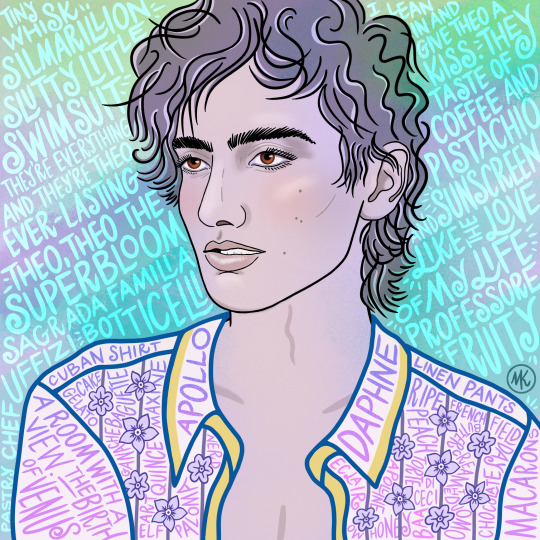
Type Maps for The Pairing by Casey McQuiston
Everything is peach and lilac and cream, except for the gardens, which are riotously green. Theo-and-Kit. Theo-and-Kit. Theo-and-Kit. I love them and this book so much! 😍
Follow my Insta »
#type maps#fan art#bookish fan art#bookishtypemaps#the pairing#casey mcquiston#fieldday#fair flower#theo flowerday#kit fairfield#booklr#bookworm#bookstagram#booksbooksbooks#booklover#queer romance
83 notes
·
View notes
Text

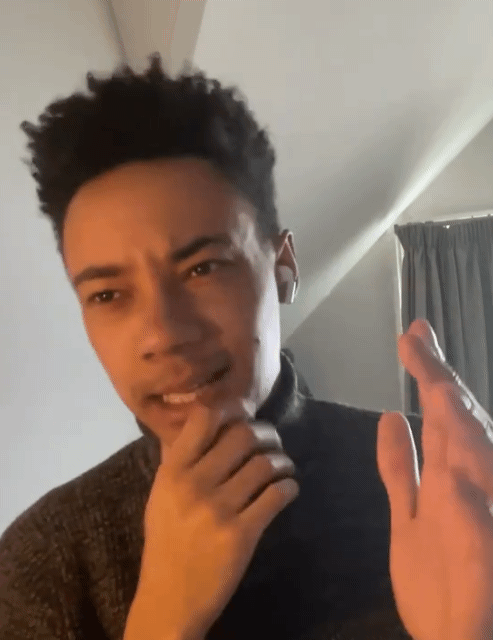


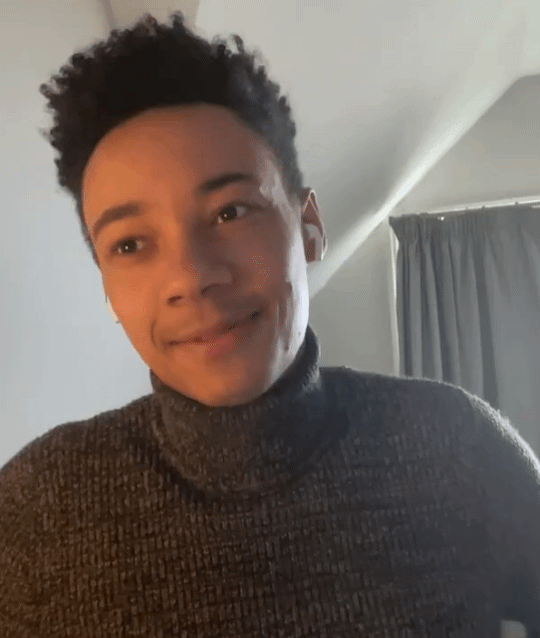

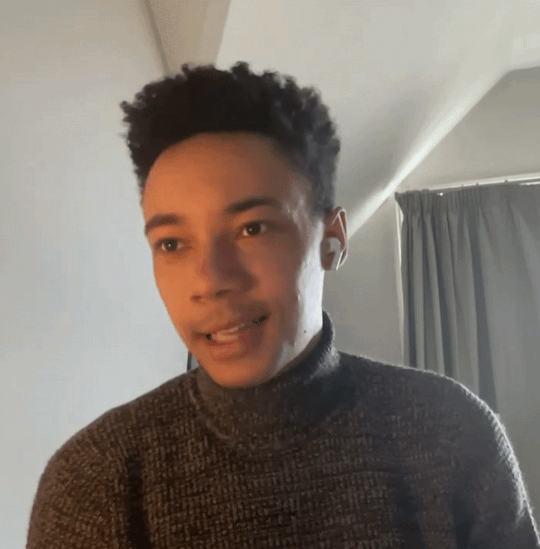
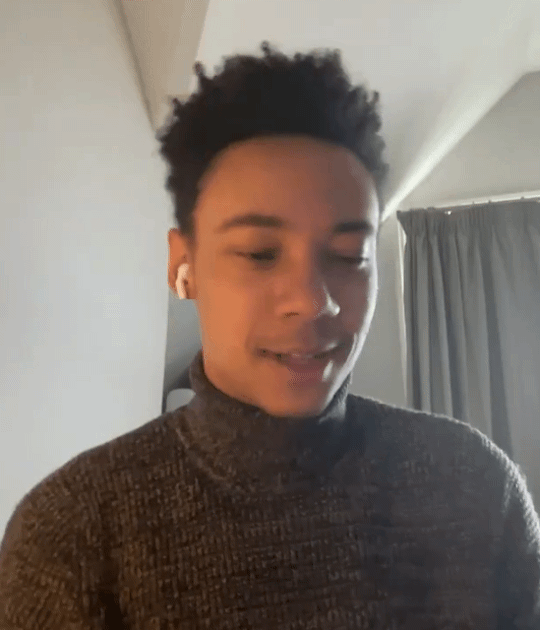
It's been more than a month since Kit's episode of the Trip at the Movies podcast and I'm still not over how pretty he looked in that interview. 😍
#it's not even fair#someone stop him#or not#kit young#jesper fahey#six of crows#shadow and bone#that babe though
115 notes
·
View notes
Text

Goddamn even in black and white he still looks good what the hell
(( do you guys want the context for this. There's lore, again but it revolves around kitty and mürder ))
#it's not fair#jace herondale#the mortal instruments#shadowhunters#cassandra clare#tsc#artists on tumblr#digital art#illustration#the shadowhunter chronicles#kit herondale#ty blackthorn#kit x ty
28 notes
·
View notes
Text

Elevate your Honda CBR1000RR 2006-2007 with our custom aftermarket fairing featuring high-quality ABS printing in striking white and black. Upgrade your bike's aesthetics with this premium replacement fairing, designed to enhance both style and performance.
https://www.auctmarts.com/1e34.html
#motorcycle fairing#Printed Fairing for Honda#fairing kit#ABS printing#aftermarket fairing kit#Honda CBR1000RR#Honda CBR1000RR 2006-2007#aftermarket fairing
0 notes
Text
i don't call my comic a furry webcomic because i don't consider my characters to be actual furries but i like to jokingly refer to it as that for dramatic effect. i mean i have a fursona may as well man
#to be fair the label of fursona on ally is a joke from the crew back in the day referring to her as Barruni Fursona cuz i projected onto kit#but also its fun. i think we should do whatever we want forever#i love playing touys etc#text
73 notes
·
View notes
Text
Did i get the concept or i am lost?

#do you think kaz`s placement is fair or is he too high?#six of crows#six of crows duology#kaz brekker#inej ghafa#jesper fahey#nina zenik#matthias helvar#wylan van eck#freddy carter#amita suman#kit young#danielle galligan#calahan skogman#jack wolfe
506 notes
·
View notes
Text
okay this letter hurt like hell but you know what i'm really glad i finally know why kit was so angry at ty, because it never made sense to me before. the narrative that kit's angry because ty changed himself, took away part of himself by going through with the necromancy is a loooot better imho than kit being mad either about the necromancy or that ty didn't reciprocate his confession (when ty was clearly in absolutely no position mentally or physically to respond to that). kit being mad because of what it stood for, what it meant – the confirmation that nothing he could've done would ever have changed ty's mind, nothing would've been enough to save ty from himself/what he believed he had to do, kit himself couldn't be enough to help him, nor could anything. ty was always going to do it. hurts like HELL but i really love this slight change in perspective, makes me understand kit's point of view a lot better because prior to this his being angry to ty didn't really add up to me
#kit x ty#kit herondale#ty blackthorn#i really didn't like the narrative of him being mad at ty before bec it didn't seem fair when ty was clearly completely#focused on livvy and when it wasn't about kit at all#but this kinda makes more sense? like kit's not mad at ty for not reciprocating or even really for the necromancy#but for what it meant: that nothing would've ever been enough to change his mind – that ty truly did not see another way – that#no other way was worth considering except to bring livvy back no matter the cost#that's a lot more fair and makes SO much more sense to me#but also yeah fucking SUCKS because kit clearly has no idea that he meant anything to ty and to be fair#we also haven't been in ty's head but. i digress.#YEAH THIS HURTS .#kitty#cassandra clare#twp
34 notes
·
View notes
Text
it could’ve been perfect…

#the big ass spotify logo is horrible 😭#it’s not fair they used them for the promo. the kit cannot look bad with those face cards#alexia putellas#gavi#aitana bonmati#alejandro balde#fc barcelona#fc barcelona femeni
40 notes
·
View notes
Text
love calling my mutuals' faves "their man" as if their man isn't a 50 something year old married man
#to be fair#i say this as someone who thirsts over literally the oldest man involved in jackass#but shhhh#and “their man” is usually also someone elses man#that's why kit and I call jimmy “our boyfriend”#see how kit and I share our man? very demure#z rambles#jackass#mtv jackass
23 notes
·
View notes